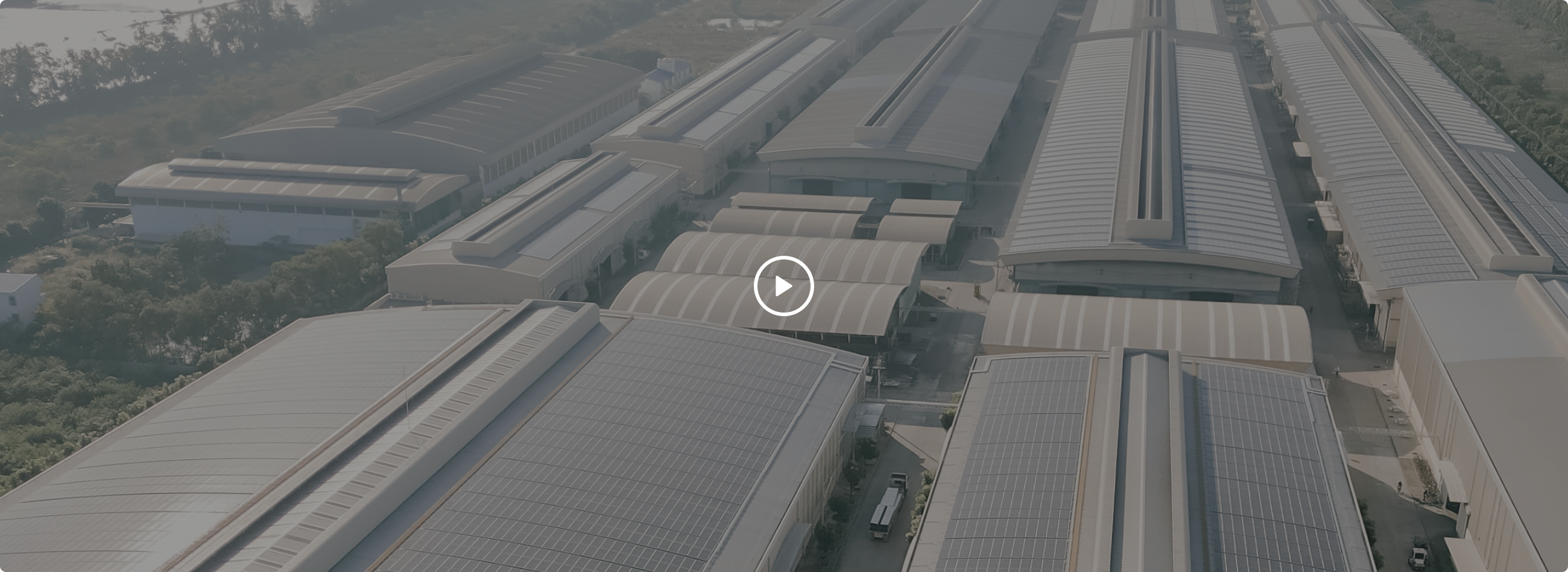Managing Greenhouse Gases
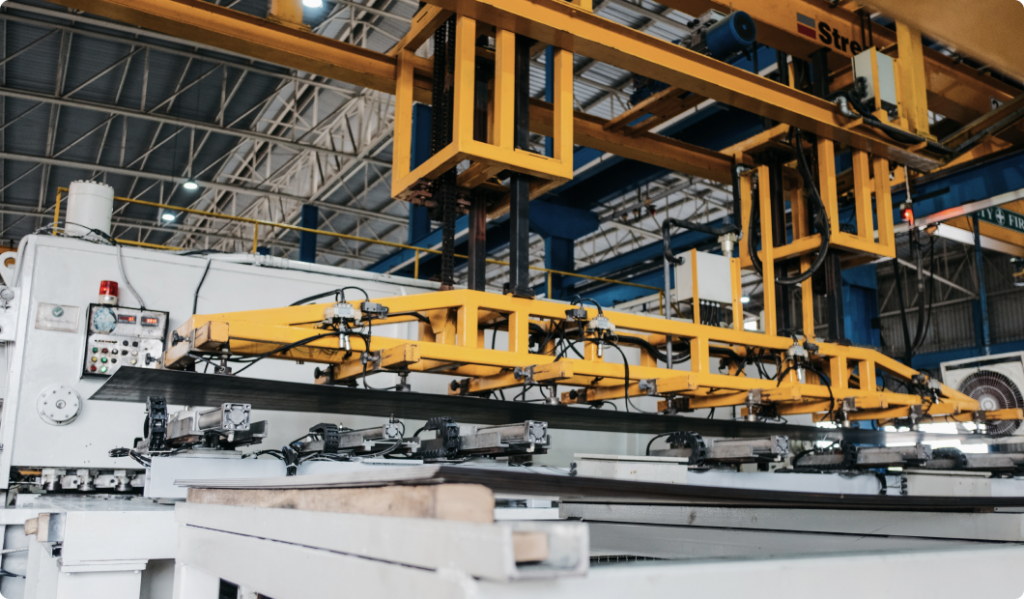
We aim to enhance and optimize our operations by incorporating state-of-the-art manufacturing technologies. This includes the implementation of semi-automated and fully automated systems, as well as the installation of supplementary equipment in certain production processes. These measures are designed to increase productivity, enhance workplace safety, minimize waste, and reduce energy consumption.
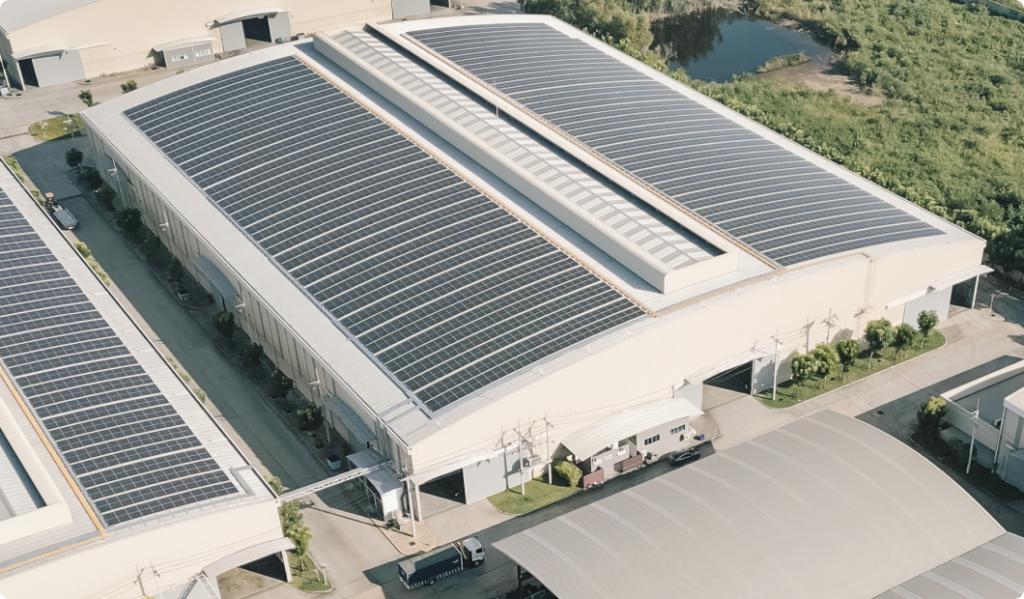
We have implemented a solar rooftop energy production system covering an expansive 38,255 square meters. This system is capable of generating a total electrical output of 6.3 megawatts and contributes to reducing carbon dioxide emissions by an estimated 4,500 tons annually.
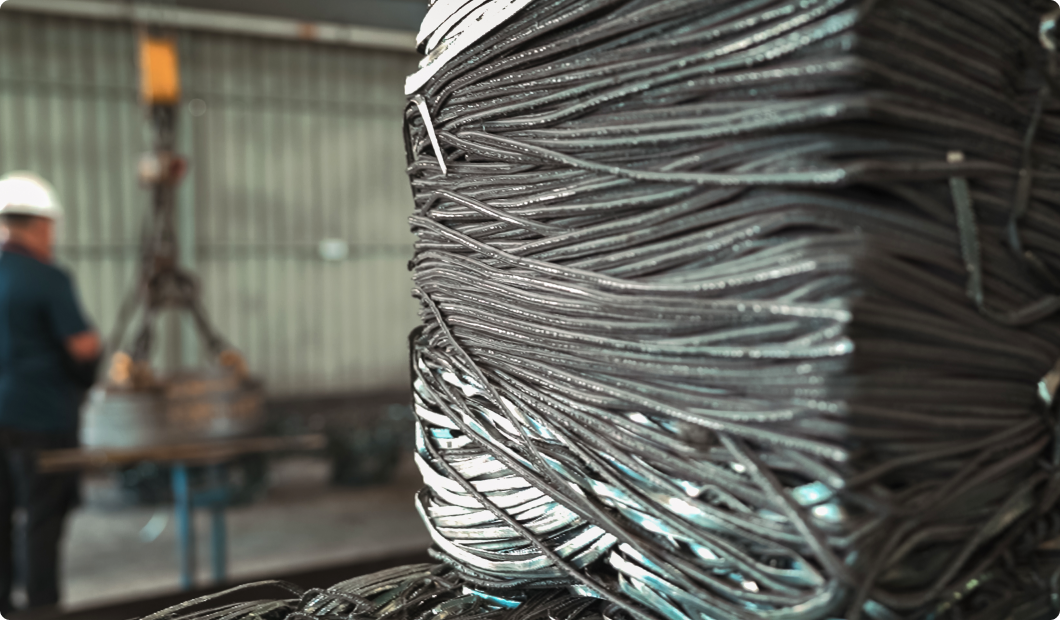
We adhere to industrial waste management standards and handle materials that are no longer in use. These materials are categorized into hazardous and non-hazardous types. Scrap metal generated from the production process is classified as non-hazardous waste and can be recycled or sold entirely. Our goal is to consistently reduce the volume of scrap metal generated during the production process.We employ systematic management practices to enhance efficiency in handling and recycling processes.
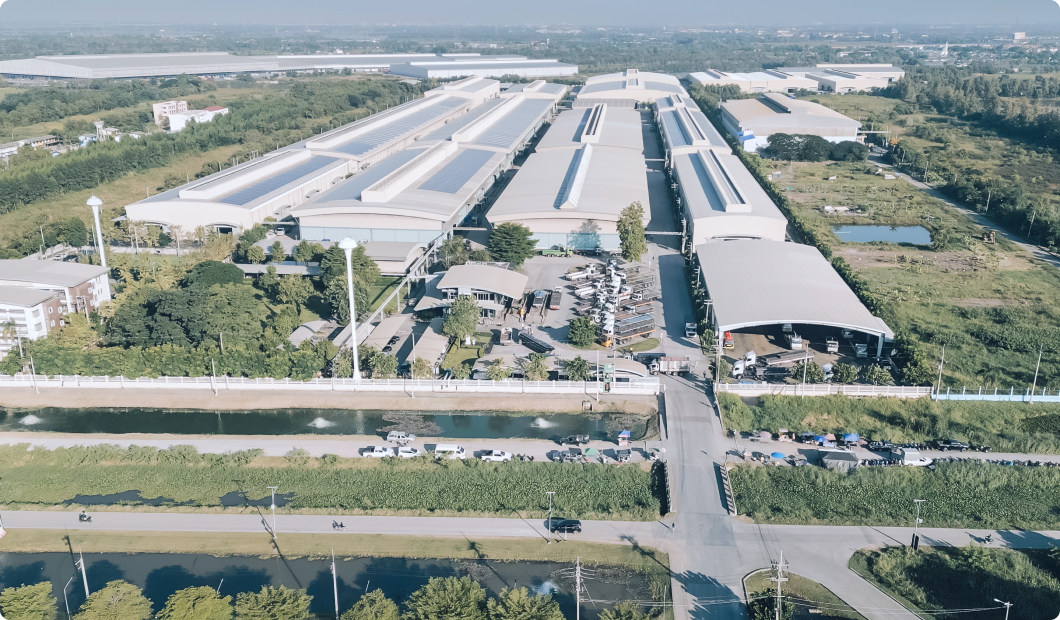
We manage and expand green spaces within our factory premises as a strategic measure to filter air pollutants, fostering a healthy environment both within the company and in the surrounding areas. This initiative is driven by our commitment to mitigate air pollutants and promote an overall favorable environmental atmosphere. Also, allocated land for tree planting to increase green space on vacant land, a total of 85 rai, for the first phase of the forest planting project was initiated on an area of 20 rai.
The approximate reduction in CO2 amounts
From the Year 2018 – Present
3,569,982 kgCO2eq
Reduction in CO2 amounts
From Jan 2024 – Present
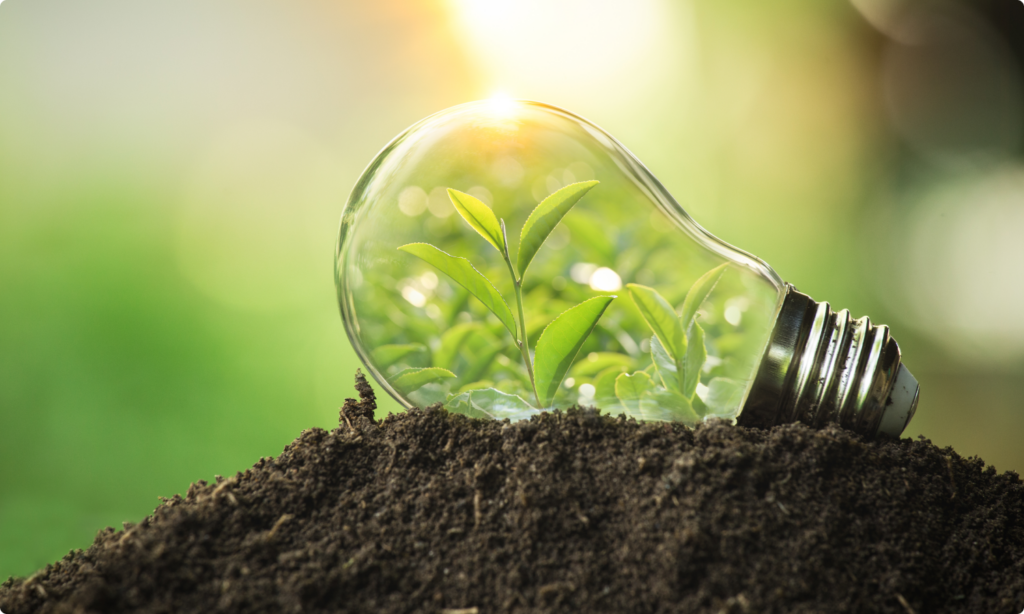
TMT has received certification for both
“Carbon Footprint for Organization” and
“Carbon Footprint for Product” for 9 products.
From the Greenhouse Gas Management Organization
